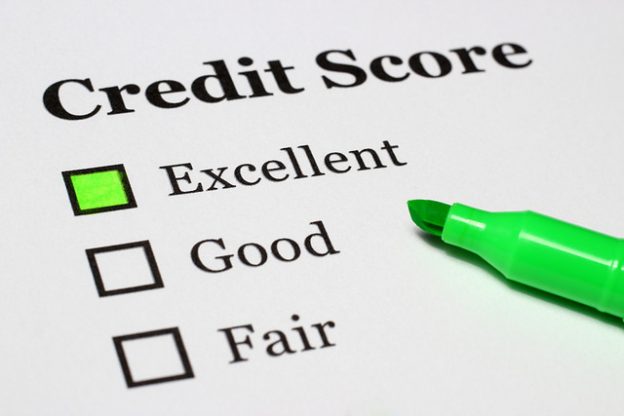Spring has sprung, which means the housing market is in full bloom. Each year, roughly 40 percent of real estate transactions occur between the months of May and August. If you’re feeling inspired to buy or sell a home soon, make sure you’re prepared. Use these checklists to catch anything you may have missed.
When You’re Ready to Buy a Home
Purchasing a house is one of the biggest transactions you’ll ever make. Whether it’s your first time or the fifth, tackle the following prep work:
- Calculate what you can afford. Use a home affordability calculator to make sure you’re ready for the mortgage payments.
- Check your credit score, and fix any inaccuracies you discover ASAP. Errors can impact your ability to get a good interest rate.
- Save up for a down payment. Most lenders require 5 to 20 percent, and larger down payments can lower the amount you pay each month.
- Be ready for additional closing costs. Plan to have approximately 4 percent of the home’s purchase price on hand to cover taxes, fees and other necessary charges.
- Re-evaluate your insurance coverage and update all of your policies, including life and car insurance.
When It’s Time to Sell
Putting your home on the market is a process that can take months. Before you do, complete this home seller to-do list:
- Declutter, clean and get your home ready to show. You only have one chance to make a first impression.
- Take inventory of what needs to be fixed and make a schedule to complete any updates, such as roof work, new paint or landscaping.
- Decide on an appropriate selling price. Pulling comps in your area can give you a better idea of your home’s value. Or click here to request a free, personalized home value report!
Powered by OutboundEngine
Featured Image Credit: “Home For Sale Sign” by Guy Kilroy © 2014 (CC BY-SA 2.0; Edited)















